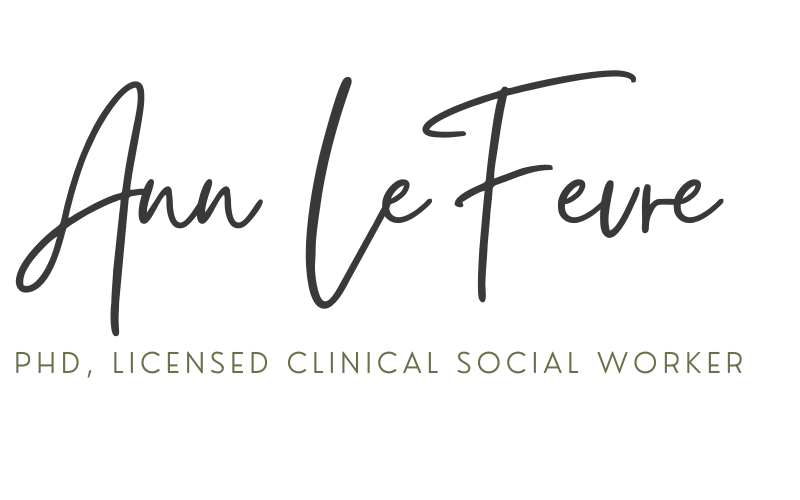
SERVING CLIENTS IN CO, CA, PA, & FL
Therapy for traumatic grief
PROVIDING HIGH QUALITY ONLINE THERAPY FOR INDIVIDUALS AGES 18+
Losing a loved one in a traumatic way requires extra care.
Grieving a traumatic death is very different from grieving an on-time or expected loss, and it can be helpful to seek treatment. Traumatic bereavement treatment is supportive and understanding, and it does not rush the journey.
INDIVIDUAL THERAPY FOR ADULTS
When someone loses a loved one unexpectedly, too soon, and in a manner such as suicide, homicide, an accident, a terminal illness, or a medical procedure gone wrong, they often have a unique response. In addition to shock and sadness, they may also experience significant trauma responses. While our bodies may know how to grieve expected and on-time losses over time, treatment can help when the loss is unexpected and just too soon.
Maybe you’ve noticed:
Repetitive, distressing thoughts of the event, flashbacks
Startling easily, anxiety, panic attacks
Nightmares, insomnia, never feeling rested
Attempting to avoid thinking about what happened
Avoiding activities associated with the trauma
Trying not to think of your loved one
Losing interest in activities you used to enjoy, emotional numbness
Difficulty concentrating, remembering, making decisions
Hopelessness about the future
Treatment for traumatic bereavement addresses grief as well as trauma symptoms, and treatment plans are tailored to your unique needs. A typical starting point is building resources, including internal coping skills and external social supports. Processing the trauma portion of the loss often follows, at a pace determined by you. This can be done through talking or writing, in or between sessions. Once the initial trauma work is complete, space can be made to support mourning processes.
Issues such as fear of another loved one’s death, guilt, possible frustration and overwhelm if there’s legal or medical system involvement, and other unique reactions are addressed in this treatment. Length of treatment varies, but can take from several weeks up to 6 months or longer.
Click HERE for more information on traumatic grief treatment.
Therapy for traumatic grief can help you:
Learn coping skills and build resources
Discern helpful and unhelpful ways of thinking
Learn how to keep going, through accommodation of the loss
Start enjoying parts of life again
Improve your relationships and overall well-being
Feel better in your mind and body

You are a strong and capable person.
I’M HERE TO SUPPORT YOU THROUGH THIS DIFFICULT TIME.
FAQS
Common questions about therapy for traumatic grief
-
While some trauma treatments do not require clients to talk about the trauma, there is real benefit in sharing and processing what happened when you’ve lost a loved one in a traumatic manner. The treatment is designed to move forward gradually, with emphasis initially on building resources and support. We won’t need to discuss any details until you’re ready.
-
During a trauma, including when you learn about the traumatic loss of a loved one, the brain shifts immediately into crisis or survival mode, and thus most people have mental snapshots of what happened and how they reacted, versus a comprehensive story. That’s okay, and while some of the details and context may come back during the processing portion, it’s also okay if they don’t.
-
While treatment won’t cause you to forget about the trauma piece, it will give you power over when and how you choose to think about it. Typically, when one completes the trauma processing portion of treatment, the uncontrolled images and thoughts start to become less pressing, making way for processes of mourning.
